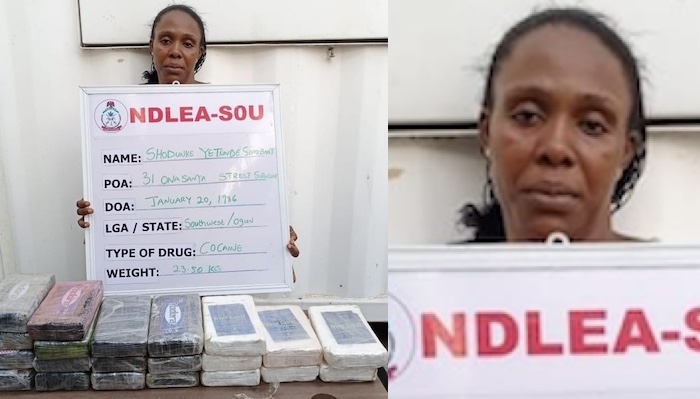
Adeyemi-Bero says domestic utilisation of oil key to naira stability and $1tn economy target…
The Chairman of the OPEC Board of Governors for 2025, Adeyemi-Bero, has urged Nigerian oil producers to shift focus from crude exports to domestic refining and value addition, saying the era of merely exporting raw resources should end if the nation hopes to achieve sustainable economic growth.
Speaking on Wednesday at the Nigerian Association of Petroleum Explorationists (NAPE) Pre-Conference Workshop in Lagos, Adeyemi-Bero who also serves as the Chief Executive Officer of First Exploration & Petroleum Development Company said Nigeria must take responsibility for transforming its oil wealth into industrial and economic advancement.
“We’ve been an oil and gas exporting country for decades. We produced oil, put it in a tank, and sent it abroad. Forty or fifty years later, we blame Shell and others, but I don’t. They were simply looking for feedstock for their industries, and we gave it to them,” he said.
Adeyemi-Bero maintained that the country’s future lies in local energy development, not continued dependence on foreign buyers.
Dangote Refinery Changed the Game
He credited the Dangote Refinery with helping Nigeria avoid a return to fuel subsidies, saying the facility’s impact on foreign exchange and GDP growth had been substantial.
“If the Dangote refinery wasn’t producing locally, President Bola Tinubu might have had no choice but to restore subsidies,” he said.
“Just look at what one refinery has done for our economy. Imagine if that had happened 50 years ago.”
The OPEC official noted that countries like Saudi Arabia, the UAE, Qatar, Malaysia, and Brazil have expanded their energy value chains to retain wealth domestically, urging Nigeria to do the same.
“We fought Dangote when he built the refinery, but today, the impact on our GDP and foreign exchange is huge,” he added.
‘Sell Oil in Naira If Possible’
Adeyemi-Bero also proposed exploring naira-based crude sales, saying that increased local utilisation could strengthen the national currency.
“If we can sell oil in naira and it works for both parties, we should do it. The strength of the naira lies in what it commands in trade. The day oil can be paid for in naira, it strengthens our currency,” he said.
He cautioned that failing to pivot from an export-driven to a value-driven economy could have dire long-term consequences.
“We need to reduce exports deliberately. Everyone likes to sell, but the buyer will always dictate the price. If we don’t shift course within the next decade, we’ve failed,” he warned.
‘Time for Nigerians to Take Ownership’
Adeyemi-Bero called on local operators to take charge of the country’s energy future, saying international oil companies had already “done their bit.”
“Now it’s in our hands. God has handed it over to Nigerians. We have to make it work,” he said.
He stressed that the oil and gas sector remains pivotal to Nigeria’s aspiration of becoming a $1 trillion economy, emphasizing that energy access and security are essential for national development.
“Without electricity and fuel, the economy cannot grow. The energy sector must drive that growth,” he declared.
NAPE President Calls for Production Boost
Earlier, NAPE President Johnbosco Uche described the pre-conference workshop as a vital platform for industry collaboration, aligned with this year’s theme: “Revitalising the Nigerian Petroleum Exploration and Production Strategies for Energy Security and Sustainable Development.”
Uche said Nigeria must ramp up production to meet its target of three million barrels per day, while ensuring sustainability in the long term.
“We have to hit that three-million-barrel target, but more importantly, sustaining production is key,” he said, adding that technical excellence and exploration remain critical for the sector’s survival.



